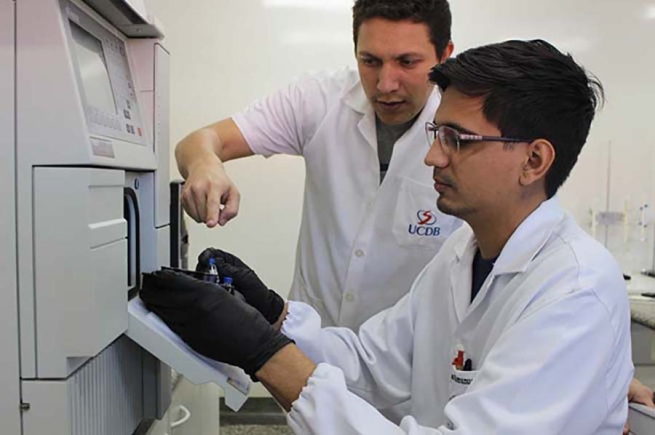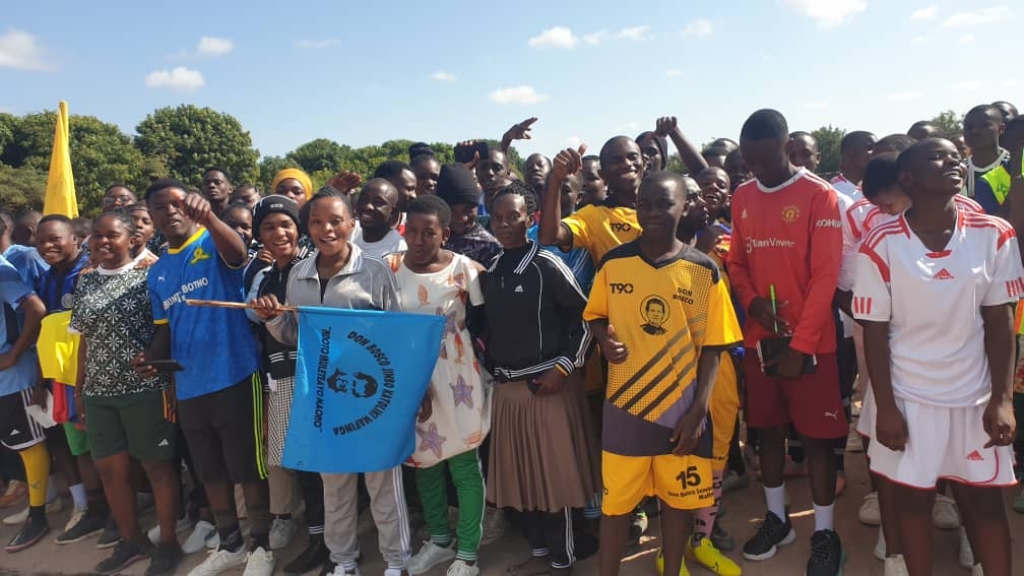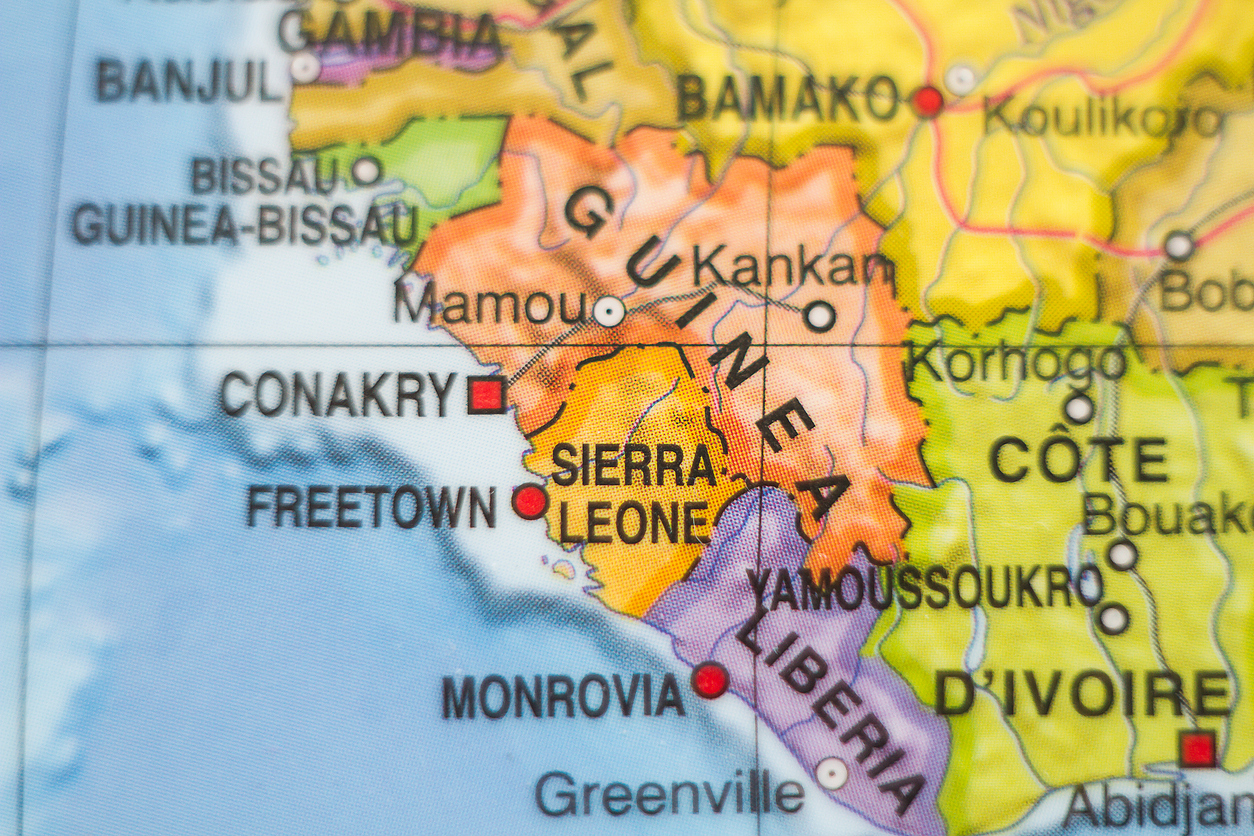BRAZIL: Salesian institutions committed to cancer research

Two studies carried out at Dom Bosco Catholic University in Campo Grande provide hope
(MissionNewswire) Salesian institutions in Brazil are focused on cancer research and on the importance of prevention, early detection, and proper treatment of cancer. Two studies carried out at Dom Bosco Catholic University in Campo Grande have provided hope for the treatment of some types of cancer. One study involves trying to purify a protein from the venom of the Cerrado snake, while the other study focuses on using a peptide extracted from the venom of the Tityus serrulatus scorpion.
Dr. Breno Emanuel Farias Frihling, biotechnology researcher, and Dr. Ludovico Migliolo, research supervisor, have focused on proteins from snake venom to be used in the treatment of colorectal cancer and a type of sarcoma that affects muscle tissue.
“This research is of enormous importance in Mato Grosso do Sul and, depending on the progress and investment we get for the next tests, it will have an international reach,” explained Migliolo. “We believe that by doing this research we will help the population to have a better quality of life in terms of health.”
Dr. Cristiano Marcelo Espínola Carvalho and veterinarian Simone Camargo Sanches are working to treat lung cancer with scorpion venom. In a joint statement, they said, “We did tests using a peptide that is based on the sequence of scorpion venom. The best results were against lung cancer, which showed good selectivity. It attacked cancer cells and preserved healthy cells.” The discovery has already generated a patent registration. Their studies will continue.
These are the only Salesian initiatives focused on cancer in Brazil. Our Lady Help of Christians Hospital in Três Lagoas is focused on treatment, prevention, and information projects on breast, prostate, and lung cancer — the most common cancers affecting the general population. Information and awareness campaigns were conducted by the hospital’s multidisciplinary team through conferences with physicians.
In addition, the University Pastoral Team of the Salesian Catholic Faculty in Macaé held awareness activities for “Pink October” and “Blue November” to help people understand that prevention and early detection of breast cancer and prostate cancer are essential to avoid the high mortality rates of women and men.
“As we’re talking about prevention, we need to exchange ideas with young people to encourage them to take care of their bodies and their health. The more information, encouragement and support they receive, the more results we will have with these campaigns,” explained Professor Jônia Quédma, university pastoral care coordinator.
These initiatives are not just at the college level. Mary Help of Christians Educational Center high schools in Campos dos Goytacazes are committed to raising awareness of marrow donation among students and teachers through the “Campos Doe Medula” campaign. Volunteers provide informational sessions about the importance of donation and then students and teachers can participate in blood donations. After donating, they also involved their families and achieved excellent results, contributing to the significant increase in blood samples for the national bank and marrow donor screening for marrow cancer patients.
###
Sources:
ANS Photo (usage permissions and guidelines must be requested from ANS)
ANS – Brazil – Salesian institutions committed to fighting against cancer
Salesian Missions – Brazil
World Bank – Brazil





